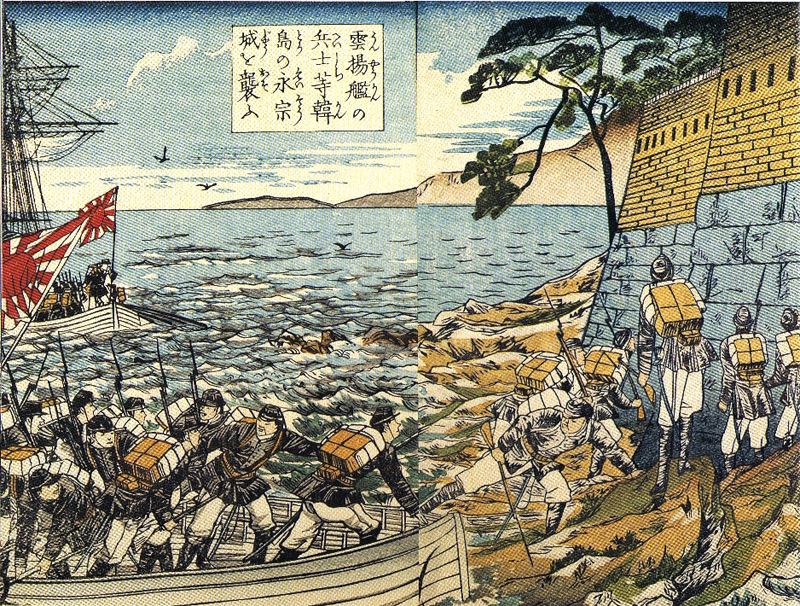
Korea Under Japanese Rule
Imperial Japan severely diminished the influence of China over Korea in the First Sino-Japanese War (1894–95), ushering in the short-lived Korean Empire.[72] A decade later,

Imperial Japan severely diminished the influence of China over Korea in the First Sino-Japanese War (1894–95), ushering in the short-lived Korean Empire.[72] A decade later,

Table of Contents The disagreement between the two states over tariffs quickly escalated into the American Civil War. On April 12th, 1861, Confederate forces bombarded
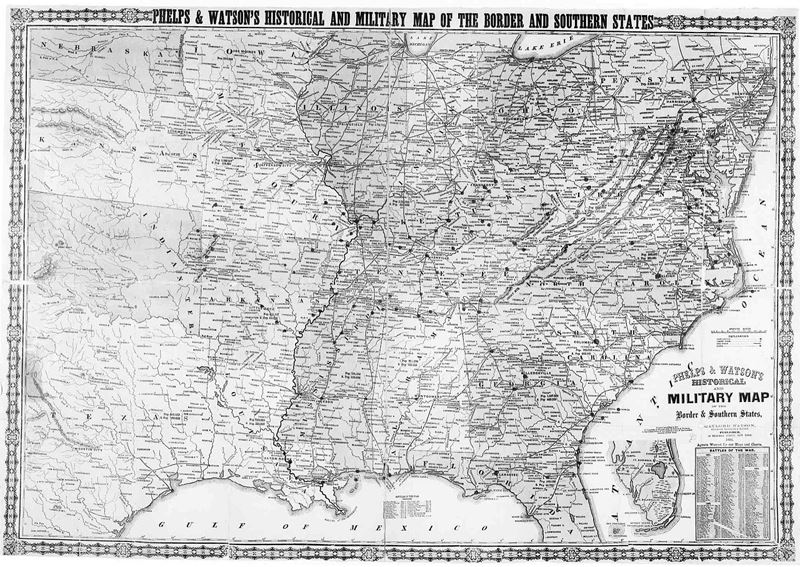
Table of Contents “Border States” refers to the slave states that surrounded the free states that made up the Union. When it came to winning
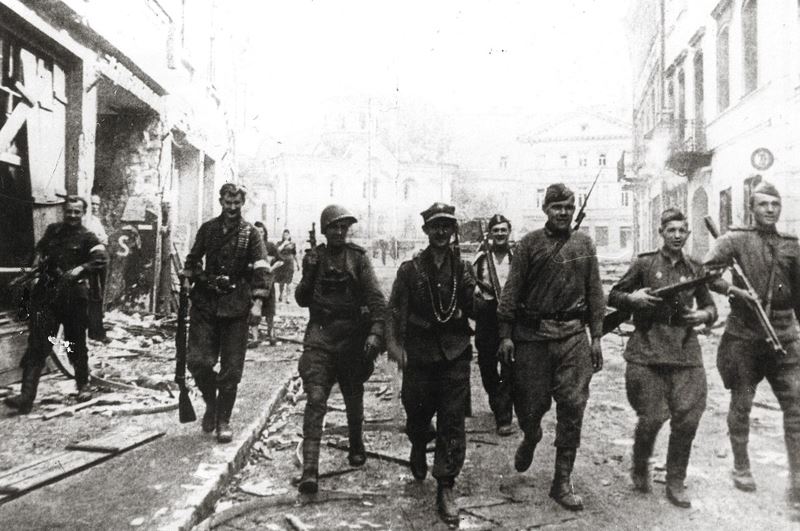
Table of Contents The Eastern Front of World War 2 was a brutal, bloody conflict that claimed the lives of millions of people. Spanning over
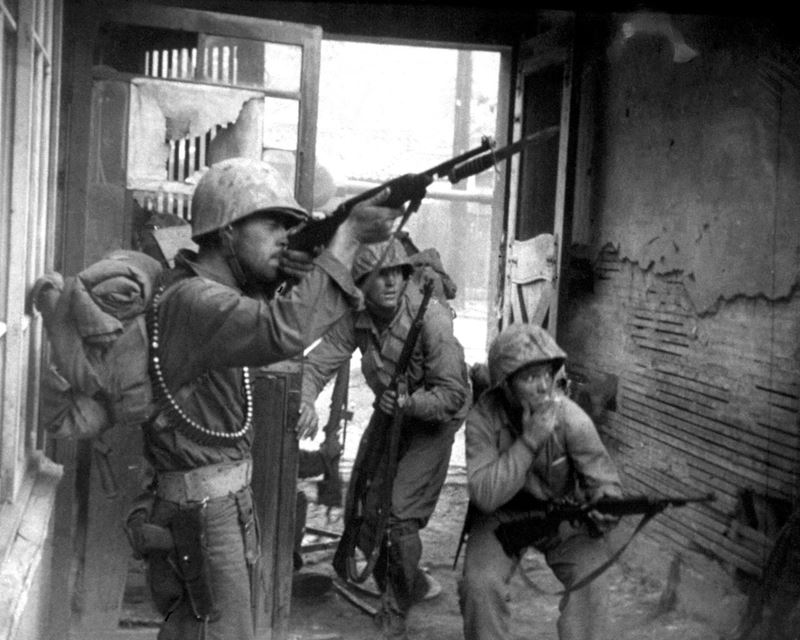
The X Corps entered Seoul the morning of September 25th. By mid-afternoon, elements of the 7th Infantry Division crossed the Han River and captured Namsan

The final battle between Diệm’s VNA and the Bình Xuyên began on April 28 at mid-day.[1] After initial small-arms fire and mortar exchanges, the VNA
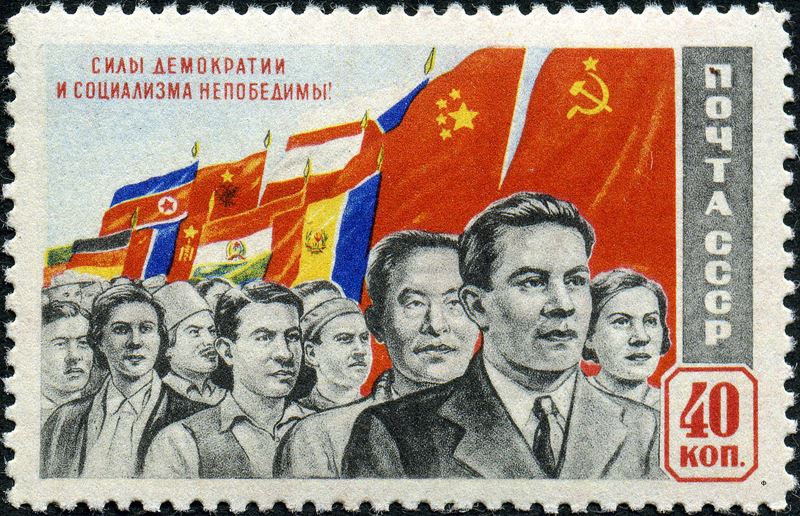
The Eastern Bloc, also known as the Communist Bloc and the Soviet Bloc, was the group of socialist states of Central and Eastern Europe, East
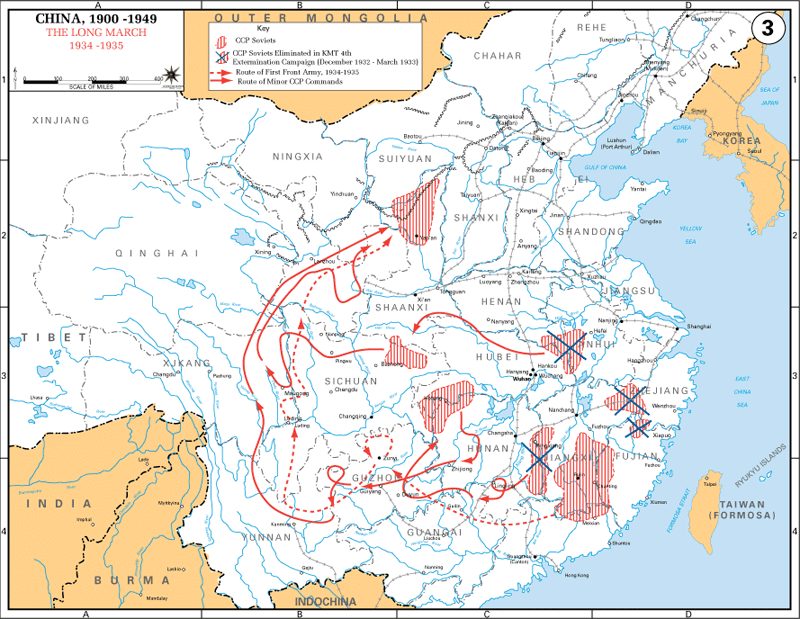
The Chinese Civil War was fought between the Kuomintang-led government of the Republic of China and forces of the Chinese Communist Party, continuing intermittently since